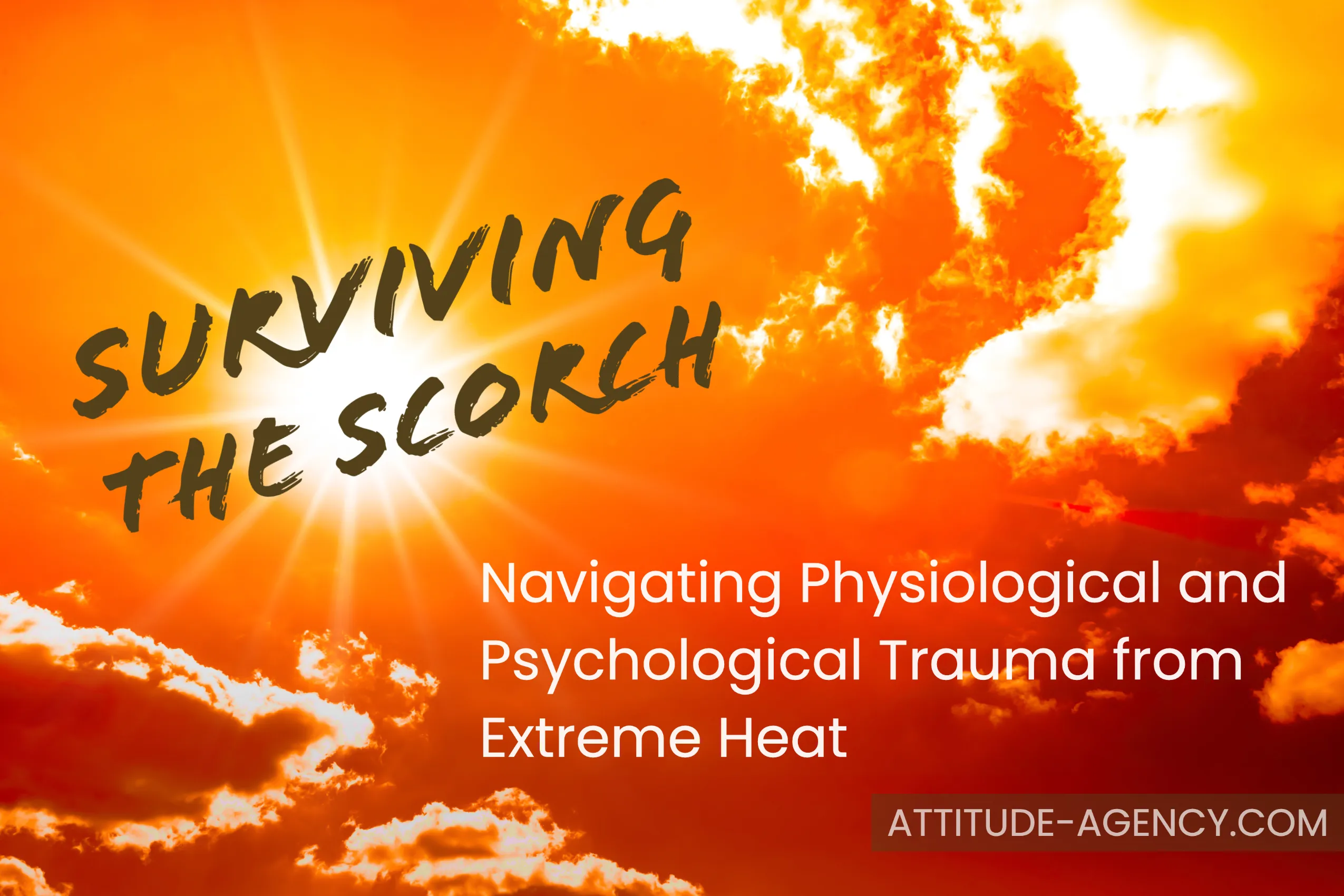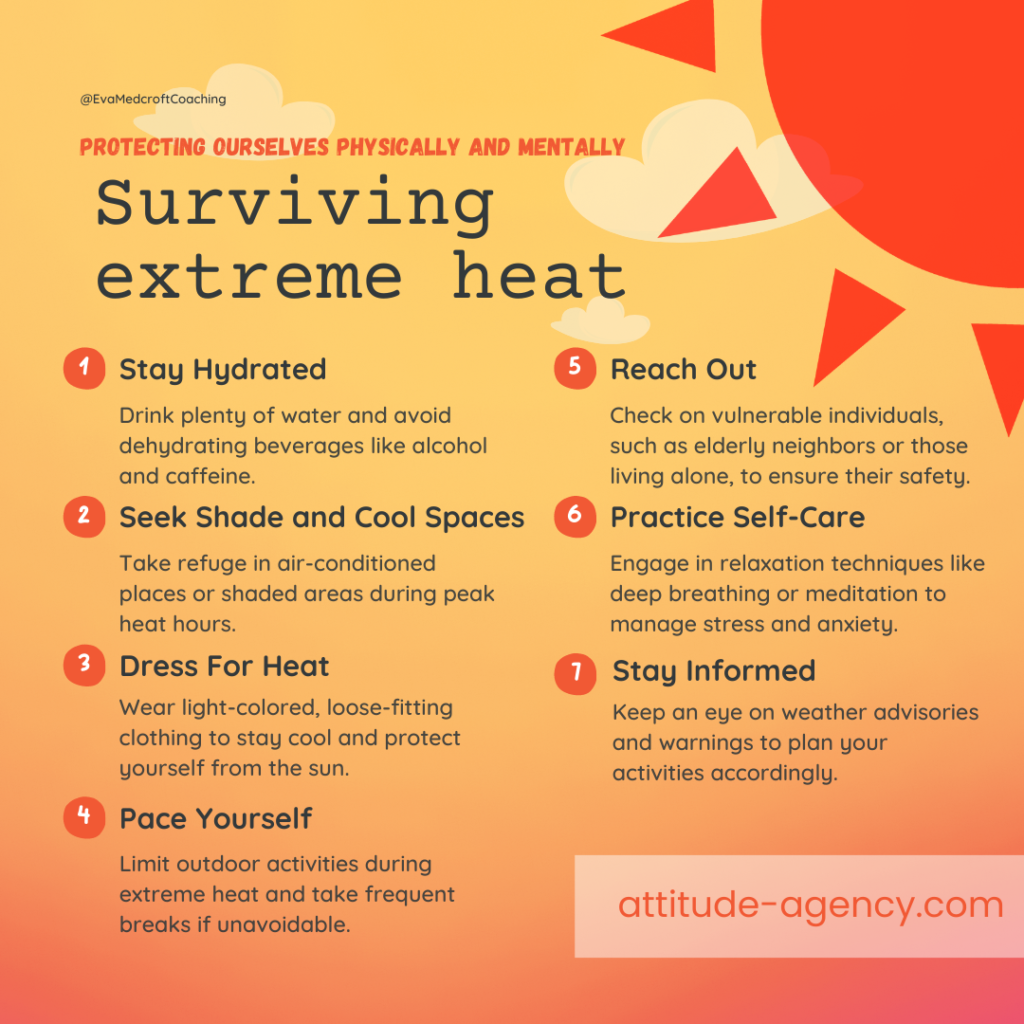Surviving the Scorch: Navigating Physical and Mental Trauma from Extreme Heat

The blazing sun beats down mercilessly, pushing temperatures to soaring heights.
Extreme heatwaves can turn the world into an inferno, impacting not only our physical well-being but also our mental health.
From heatstroke and dehydration to the psychological toll of prolonged exposure, understanding and addressing the effects of extreme heat on our bodies and minds is crucial for survival and well-being.
The Physical Toll of Extreme Heat
When the mercury rises, our bodies must work overtime to regulate internal temperature. Heatwaves can lead to a range of physiological challenges, with heatstroke being one of the most severe. Heatstroke occurs when the body's cooling mechanisms fail, resulting in a dangerously high body temperature. Symptoms may include dizziness, confusion, nausea, and even loss of consciousness.
Dehydration is another critical concern during extreme heat. The intense sweating caused by high temperatures depletes our bodies of essential fluids, leading to a host of health issues. From headaches and fatigue to kidney problems, the consequences of dehydration can be severe.
The Psychological Impact
Extreme heat can do more than just affect our physical health; it can also take a toll on our mental well-being. Prolonged exposure to scorching temperatures can lead to feelings of irritability, restlessness, and anxiety. The relentless heat can disrupt sleep patterns, leaving individuals feeling fatigued and emotionally drained.
Extreme heat can also exacerbate existing mental health conditions, such as depression and anxiety. The constant struggle to cope with the oppressive heat can leave individuals feeling overwhelmed and helpless.
Vulnerable Populations at Risk
Certain populations are more susceptible to the adverse effects of extreme heat. The elderly, young children, pregnant women, and individuals with pre-existing health conditions are particularly vulnerable. Additionally, those without access to air conditioning or living in urban heat islands may face increased risks during heatwaves.
Protecting Ourselves Physically and Mentally
Surviving extreme heat requires a multi-faceted approach that prioritizes both physical and mental well-being:
Extreme heat can pose significant risks to our physical and mental health, but with awareness and preparedness, we can navigate through scorching temperatures safely. By taking care of ourselves and looking out for others, we can survive the heatwaves and emerge stronger and more resilient. Remember, in the face of extreme heat, knowledge and self-care are our most potent weapons. Stay cool, stay informed, and stay safe!

